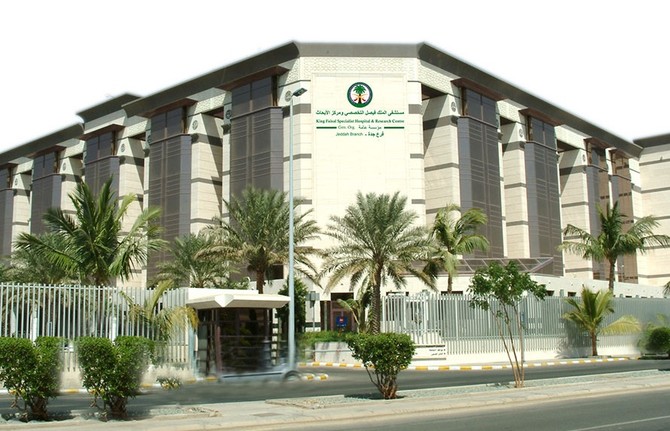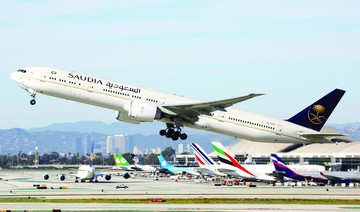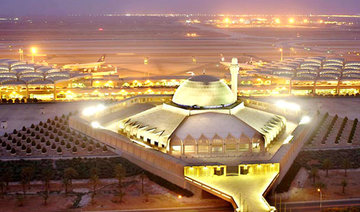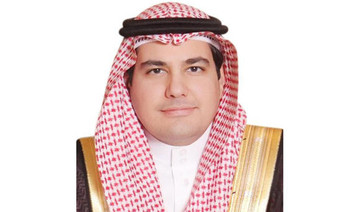DUBAI: Saudi Arabia’s ports, hospitals, desalination plants, schools, and even its sports clubs, are among the candidates for early transfer to the private sector in a program that the government hopes will generate up to SR40 billion ($10.6 billion) in revenue over the next two years.
The National Center for Privatization (NCP), the body responsible for implementing the big state sell-off program, released details of its privatization plan after the Council of Economic and Development Affairs, chaired by Crown Prince Mohammed bin Salman, approved the proposals to increase private sector involvement in the economy — a vital part of the Vision 2030 strategy to reduce oil dependency.
The aim is to increase the private sector contribution to gross domestic product from 40 percent to 65 percent by 2030.
The NCP said that the privatization program would save the government around SR35 billion, add SR14 billion to gross domestic product, and generate up to 12,000 new private sector jobs in the Kingdom by 2020 — the initial phase of the sell-off.
“The scale is very realistic given that privatization is a complex and time-consuming process from a host of perspectives, including regulatory, governance and legal,” said John Sfakianakis, director of economic research at the Saudi Arabia-based Gulf Research Center.
“The estimated amount is equally pragmatic at this stage. These numbers change both due to valuations and appetite as well as economic conditioning with time.”
Other parts of the national economy are also earmarked for some form of privatization under the Delivery Plan 2020. Transport, the renewable energy industry and flour mills are all scheduled in an NCP report that lays out the structure and conditions of the state sell-off program.
“The most important characteristic is the commitment to push ahead with privatization as well as do it in a phased way over the next few years that involves a number of different sectors. There is an evolutionary phase to any privatization process that involves multiple phases over time,” said Sfakianakis.
The King Faisal Specialist Hospital and Research Center, the Riyadh facility regarded as the jewel in the crown of Saudi medical facilities, is named as a subject for incorporation as a prelude to becoming a non-profit organization “to become financially independent and a role model in the health sector and help in achieving its leadership position through focusing on innovation.”
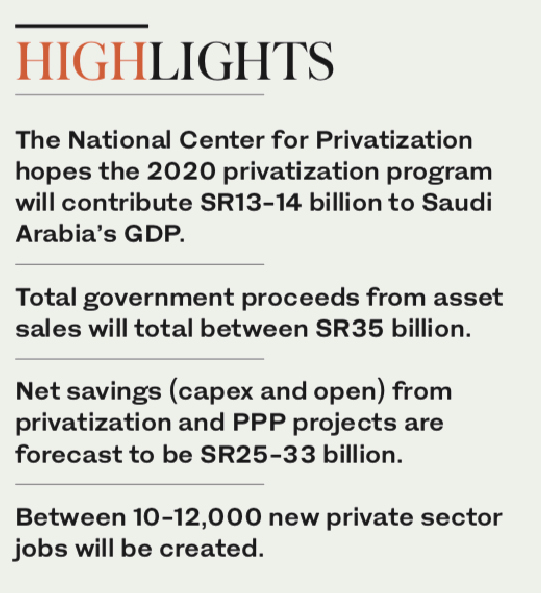 Other hospitals will be privatized by the handing over of medical facilities to private operators and the creation of new medical cities, as well as primary care facilities, the provision of rehabilitation services, radiology and laboratory
Other hospitals will be privatized by the handing over of medical facilities to private operators and the creation of new medical cities, as well as primary care facilities, the provision of rehabilitation services, radiology and laboratory
upgrades.
In a statement, Turki Al-Hokail, chief executive of the NCP, identified other sectors that would be the focus of the privatization plan, including agriculture, housing, energy and Hajj and Umrah services.
“The privatization program aims to enhance competitiveness, elevate the quality of service and economic development, and improve the business environment through privatizing government services,” he said.
The privatization program has been an element of the Vision 2030 strategy since it was launched two years ago, but the latest document sets out a firmer timetable for the sell-off. It identifies “game changers” — businesses that will “receive special attention from the leadership to ensure their successful completion.”
The first three “game changers” are Saudi Arabian ports, the Saline Water Conversion Company at Das Al-Khair and what the NCP calls “opportunity explorers” — structures aimed at facilitating partnership opportunities between the public and private sectors.
The NCP makes clear it is keeping its options open in choosing what kind of privatization is appropriate for a sector: “Full or partial asset sale, initial public offering, management buy-out, concessions or outsourcing” are all under consideration.
Some 100-plus privatization initiatives have been identified across 10 ministries, of which some (including sports clubs, grain silos and desalination) are expected to be completed by 2020.
Jason Tuvey, Middle East economist at Capital Economics, said that the estimate of selloffs were lower than what was possible given the “vast number” of companies that the Saudi state wholly owns or has a controlling stake in.
“Excluding the Aramco IPO, we’ve previously estimated that the government could raise around $25-50 billion from privatizations,” he told Arab News.
The document also makes clear that foreign participation will be allowed in some parts of the program.
The NCP program does not include any assets owned by the Public Investment Fund, the body which is intended to become the world’s largest sovereign wealth fund with assets of $2 trillion by 2030 and which will retain the right to sell the assets it owns in partnership with the government.
The NCP program also does not include residential real estate assets which are unlocked for private sector usage by contractors and real estate developers, and which are covered by the national housing program.
Ministers have said that the overall privatization program could raise as much as $200 billion in sell-of proceeds in the years running up to 2030, but there is no certainty as to how that figure will be reached. In Riyadh last week government officials gave a more conservative estimate of between $50 and $60 billion.
The plan also makes it clear that there is still work to do on the legislative and regulatory framework within which privatization will be pursued. The first of the three “strategic pillars” of the Delivery Plan is the creation of such structures “to enable privatization processes and governance by setting clear and specific procedures that increase the level of preparation and execution of privatization.” Key initiatives remain to be fulfilled in this respect, the document says.
Al-Hokail added: “The privatization program is in the interests of Saudi citizens, will bring many benefits, and improve the investment climate. The program’s strong governance foundation will be a strong pull factor for global investors and large corporations because it sets the guidelines that will make the program attractive.”


